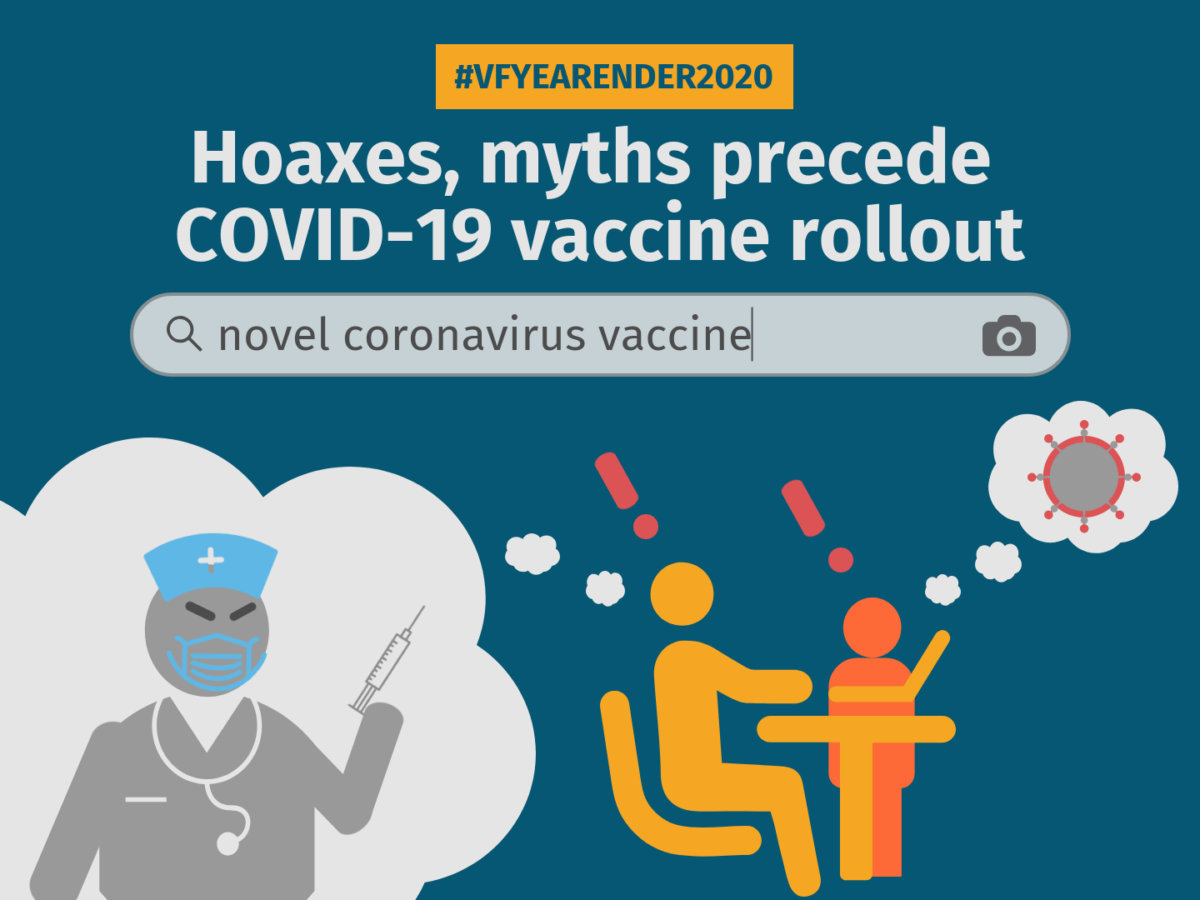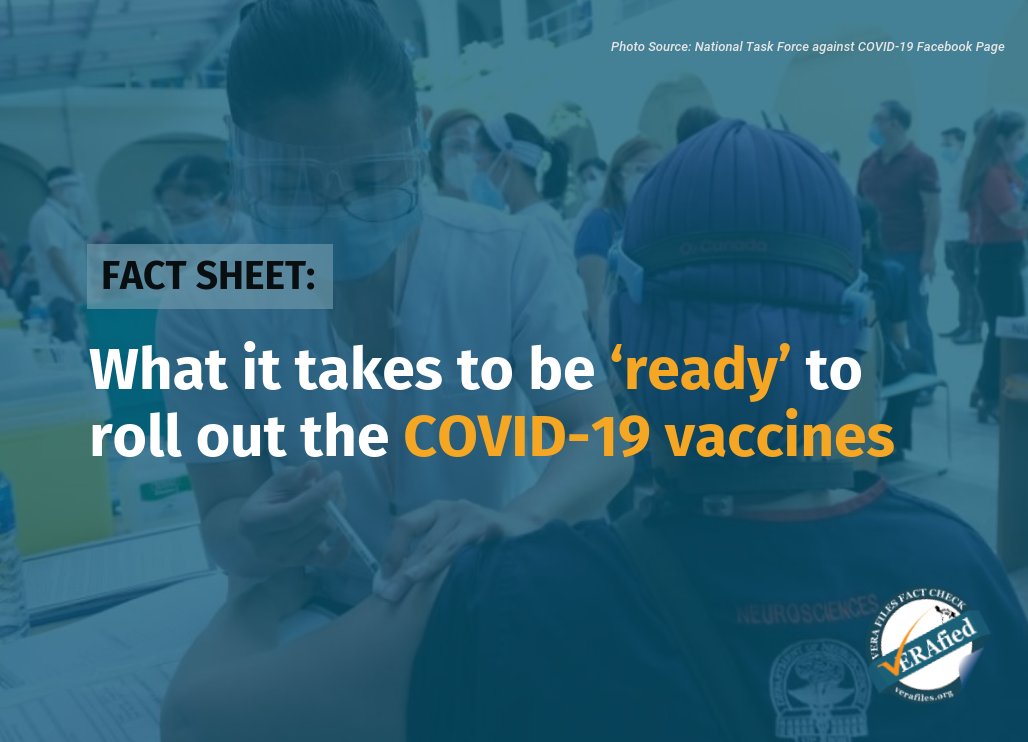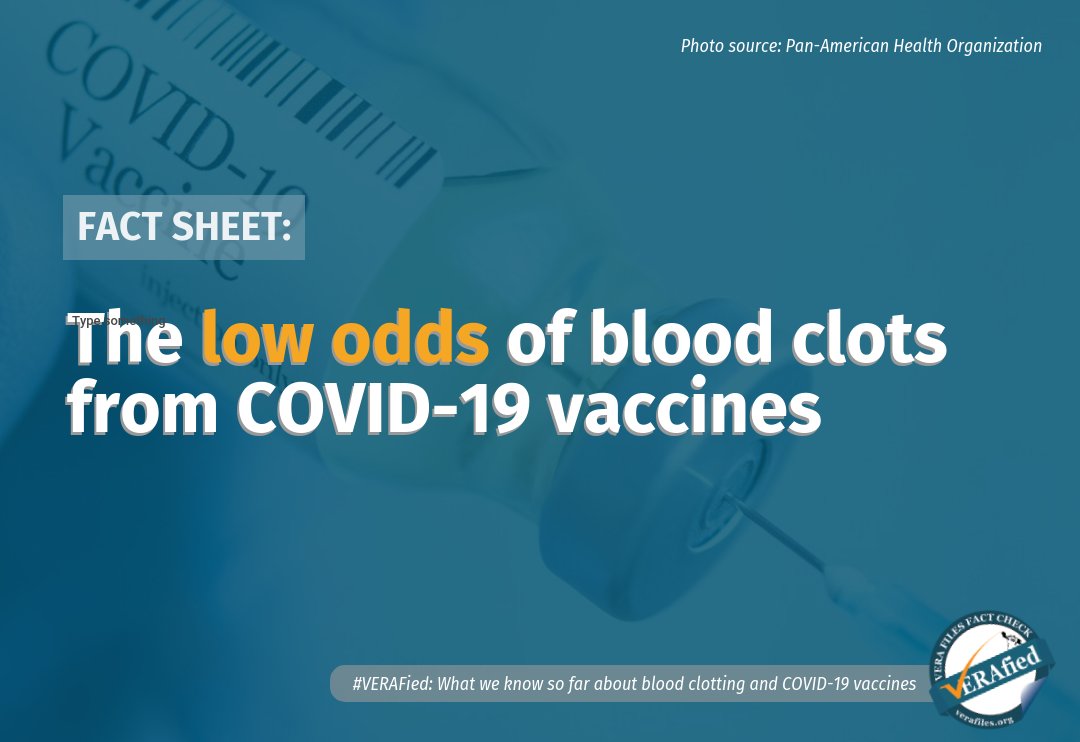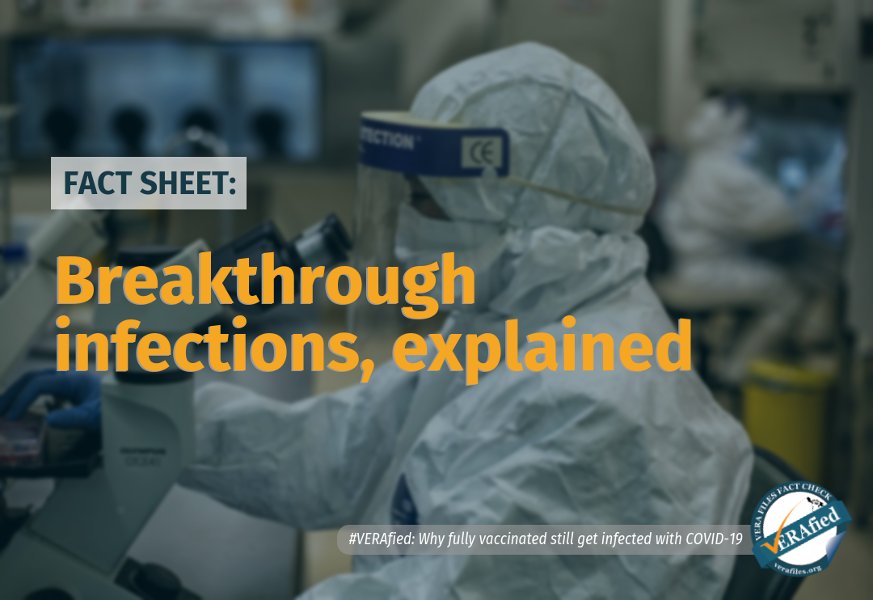The Philippines, functioning under one of the world’s longest lockdowns amid the pandemic, is pinning its hopes on a vaccine to fight coronavirus disease 2019 (COVID-19). The vaccine has not reached its shores but a wave of misinformation about it has started to spread.
Filipinos’ interest in the vaccine began way before most of the drug companies announced the results of tests on their products.
Based on Google Trends, an anonymized record of search requests made to Google, the search interest for the term “vaccine” with top related queries on the COVID-19 (“vaccine covid”, “covid 19”, “covid 19 vaccine”) peaked from Aug. 9 to 15, around the same time Russian President Vladimir Putin declared the “world’s first” registered vaccine, Sputnik V, despite the absence of publicly available data about its safety and efficacy. (SEE VERA FILES FACT SHEET: The COVID-19 vaccine from Russia, in context)
Meanwhile, the search frequency for the related topic of “COVID-19 vaccine” increased in November, when a series of announcements about efficacy rates were made by pharmaceutical developers like Pfizer Inc. and BioNTech SE, Moderna and U.S. National Institutes of Health, and AstraZeneca and the University of Oxford. (SEE VERA FILES FACT SHEET: Getting to know the COVID-19 vaccine prospects in the Philippines)
A year after the outbreak of the severe acute respiratory syndrome coronavirus 2 (SARS-CoV-2) in Wuhan, China, vaccines are now the public’s highly anticipated panacea.
President Rodrigo Duterte himself said in April: “Bakuna ang sagot sa COVID-19 (A vaccine is the answer to COVID-19).”
A Social Weather Stations (SWS) survey conducted from Sept. 17 to 20 found that 80% of adult Filipinos expect to have a vaccine ready by 2021. This consists of 27% who believe it will “definitely happen” and 53% who said it “probably will happen.”
A vaccine can “contribute substantially to the control of the pandemic,” but it would not end there, said infectious disease specialist Anna Ong-Lim in a phone call interview with VERA Files on Dec. 14.
“Any vaccine will not be able to provide 100% protection. So, there’s still a need to consistently practice infection, prevention, and control practices so together with the vaccination program, we can make a substantial dent on how diseases can be transmitted,” she said.
As excitement escalates over the vaccine, misinformation also continues to spread on various social media platforms, many of which can be found on Facebook (FB).
Of the 140 coronavirus-related fact-checks done by VERA Files from Jan. 9 to Dec. 10, 14 (10%) were about vaccines.
A blog post from April 25 wrongly claimed that a Filipino scientist had “discovered [the] vaccine for COVID-19.” Social media monitoring tool CrowdTangle estimated a potential 4.7 million people could have seen the FB post (SEE VERA FILES FACT CHECK: Story claiming Filipino scientist has produced COVID-19 vaccine FALSE).
Meanwhile, an FB post from March 18 falsely claimed that pharmaceutical company Roche Diagnostics announced the “launch” of a COVID-19 vaccine; the video was actually about the company’s SARS-CoV-2 testing kits.The false post accumulated over 311,000 times on FB alone (SEE VERA FILES FACT CHECK: FB post on Trump announcing launch of ‘COVID-19 vaccine’ NOT TRUE).
Apart from a heightened demand for a safe and effective licensed vaccine, several conspiracy theories also circulated online.
Notorious for spreading false information about the disease, FB page Lynn Channel hosted a livestream on Oct. 21 where it made multiple erroneous claims about COVID-19 vaccines, which potentially reached 24.8 million people─the widest among the whole range of vaccine-related disinformation that VERA Files debunked (SEE VERA FILES FACT CHECK: Filipina vlogger abroad amplifies FAKE Canada COVID-19 ‘roadmap’ and FALSE vaccine claims).
Another online post also posited that a vaccine with radio-frequency identification (RFID) chips will roll out in the market for public use. The viral post referred to the chip as the “mark of the beast,” referring to a biblical symbol of the devil.
Health experts debunked the “preposterous” claim, saying even the smallest version of RFID chips are “rather large such that none would ever fit into a vaccine needle.” (SEE VERA FILES FACT CHECK: FB posts float CONSPIRACY theory on 5G, RFID link to COVID-19)
Still, the post appeared over 100 times in multiple FB accounts. One post alone had over 6,000 shares.
Such misinformation may be a factor that will influence people’s motivations whether or not to get inoculated, according to the WHO Technical Advisory Group on Behavioural Insights and Sciences for Health in an Oct. 15 report on the Acceptance and Uptake of COVID-19 vaccines.
Ong-Lim told VERA Files that continuous exposure to false information or misconceptions can “typically regenerate fear, concern, and anxiety.”
“We want to be able to provide accurate information so that this becomes the basis for an individual’s decision whether or not to be vaccinated,” she said.
The WHO estimates that immunization currently prevents two to three million deaths every year.
“With the overabundance of information circulating around COVID-19 – also known as ‘infodemic’ – people are inevitably exposed to misinformation, rumours, and false conspiracy theories, which may erode their confidence in vaccination,” a WHO October report said.
The country is hoping to start its immunization program by the second quarter of 2021 with vaccines from different sources.
“Pinaghahandaan na natin ‘yan ngayon (We are preparing for that now). That’s why we would want to engage the local government officials so they can help us. Katulong natin sila para ma-prepare natin ang mga komunidad natin dito po sa ating pineprepare at idedeploy na mga bakuna (They will help us to prepare communities for the vaccines that we will deploy),” said Health Undersecretary Maria Rosario Singh-Vergeire on Dec. 7 in a media forum.
Prior to the vaccine rollout would be a communications campaign to inform the public about the advantages of getting a shot in order to counter the misinformation that might prevent people from getting inoculated.
The impact of misinformation on vaccine confidence
Vaccine hesitancy is a “major stumbling block” in achieving herd immunity for public protection, even after overcoming “imminent challenges of sufficient supply, efficient rollout and equitable access,” according to WHO in its Dec. 4 article on COVID-19 vaccine acceptance.
It is the “delay in acceptance or refusal of vaccines despite the availability of services.”
VERA Files also debunked multiple viral posts that promote unproven traditional COVID-19 cures as an alternative to vaccines. The WHO cautions against self-medication, especially with scientifically unproven remedies or preventive treatments for COVID-19, as they may inflict harm on the user.
An example is a video post that claimed inhaling salt water steam can substitute a vaccine to prevent COVID-19. It was viewed more than 19,000 times and its comments section showed netizens encouraging each other to try the treatment.
WHO Philippines countered the claim, saying inhalation of extremely hot steam “can be harmful, as there is a risk of burn injury” (SEE VERA FILES FACT CHECK: ‘Hindi vaccine kundi asin’ post touts FALSE COVID-19 cure).
Philippine Foundation for Vaccination (PFV) Executive Director Lulu Bravo said in an interview with VERA Files: “If we are not able to restore vaccine confidence and become a vaccine resilient country, we will suffer more deaths and a lot of devastating outcomes.”
Relatedly, the Dengvaxia controversy in 2018 “disrupted the immunization services for all vaccines” and “decreased vaccine confidence” in the country.
In 2019, the Department of Health (DOH) declared two outbreaks for the most common vaccine-preventable diseases, polio and measles, due to a very low vaccine participation rate.
Partly to blame is the flurry of false and misleading information shared on social media that planted seeds of panic over the vaccine’s safety. The United Kingdom-based organization First Draft, which studies different information disorders, found three major themes of Dengvaxia-related misinformation in a Feb. 19 case study: unsubstantiated death tolls, online conspiracies and rumors, and health hoaxes and scams.
Dengvaxia was also the second most popular issue which sparked widespread disinformation online in 2018, next to the vice presidential vote recount (SEE VERA FILES FACT CHECK YEARENDER: VP poll recount, Dengvaxia issue spark the most fake news online in 2018).
While adults are the intended recipients of the COVID-19 vaccine, upon availability, Ong-Lim said they “shouldn’t work on the assumption that the concerns following the Dengue vaccination program issue are the same for a program that’s meant for adults.”
But to better address concerns that may come up during the vaccination, Ong-Lim said: “Siguro magandang alamin iyong behaviors, kanilang perception, para by the time the vaccine is rolled out, ready na tayo to address ano mang concerns ang meron sila (Maybe it is good to know the behavior, their perceptions, so by the time the vaccine is rolled out, we are ready to address whatever concerns they may have).”
Among those harboring concerns over the coronavirus vaccines is 23-year-old Michael Manzana.
He has received shots for other infectious diseases such as hepatitis A and B, German measles, and chicken pox, but is not sold on the new COVID-19 vaccine.
“The vaccine could just be a big hoax to make large profits for these pharmaceutical companies that would later turn us into zombies,” he told VERA Files.
Manzana says he trusts vaccines for common diseases but not the ones being developed for a virus the public has known only for a year.
“I am skeptical with these pharmaceutical companies that they already have developed a vaccine in this short amount of time. I have high doubt that the vaccine won’t have any side effects,” Manzana said.
Several health professionals have already made assurances that “no shortcuts” were made in the clinical evaluation of the vaccines. The WHO also put in place a Global Advisory Committee on Vaccine Safety to ensure that there is a “series of independent reviews” of the efficacy and safety evidence.
The big challenge for the global public health community now is to acknowledge that there is legitimate mistrust in health institutions that communities experience, according to Nat Gyenes, a public health expert from global nonprofit Meedan.
She warns that exaggerating the spread of vaccine hesitancy can “unintentionally give audiences an impression that more severe, ‘anti-vaccine’ perspectives represent the views of a greater proportion of the population than it really does.”
“One thing to keep in mind is how responses to vaccine misinformation are communicated, and more research is needed to understand the impact of how the vaccine misinformation problem is framed, and what the impacts are on vaccine adherence,” she said.
How to fight vaccine infodemic in 2021
To rebuild trust in health experts and vaccines, Fr. Nicanor Austriaco, microbiologist and visiting professor of biology at the University of Sto. Tomas, suggested that instead of solely talking about the importance of getting vaccinated, showing skeptics the vaccine’s effectiveness would be a better solution.
“It is going to have to be by example rather than by words. People are going to believe it when other people get the vaccine,” he said during a Dec. 10 forum on The COVID-19 Vaccine Promise organized by the Ateneo de Manila University and Philippine Council for Health Research and Development.
Seeing politicians and public leaders brave the vaccine first can prove to Filipinos that there is nothing to fear in getting inoculated, he said.
Apart from officials leading by example, recognizing the importance of getting vaccinated for others’ safety is key to beating the pandemic.
“In the Philippines, there’s a very strong recognition of authority and respect for the elderly…We have to exercise the familial responsibilities…The vaccination strategy here is not about protecting yourself primarily, it’s about protecting your family,” Austriaco said.
Being informed and staying vigilant on social media is another way to fight against COVID-19. (SEE VERA FILES FACT CHECK: Correct information: best protection vs COVID-19)
VERA Files listed some red flags to watch out for when dealing with COVID-19 vaccine misinformation. Check them out here.
Sources
Department of Health, Beat COVID-19 Media Forum, Dec. 7, 2020
Department of Health, DOH IDENTIFIES VACCINE HESITANCY AS ONE OF THE REASONS FOR MEASLES OUTBREAK
Food and Drug Administration, FDA Revokes Dengvaxia CPR, Feb. 19, 2019
RTVMalacanang, PRRD’s Meeting with the IATF-EID and Talk to the Nation on COVID-19, April 8, 2020
Social Weather System, SWS September 17-20, 2020 National Mobile Phone Survey – Report No. 16: 80% of adult Filipinos expect a Covid-19 vaccine next year, Nov. 12, 2020
World Health Organization, Coronavirus (COVID-19) events as they happen
World Health Organization, Solidarity clinical trial for COVID-19 treatments
World Health Organization, Vaccine Hesitancy: what it means and what we need to know in order to tackle it.
World Health Organization Technical Advisory Group on Behavioral Insights and Sciences for Health, ACCEPTANCE AND UPTAKE OF COVID-19 VACCINES, Oct. 15, 2020
World Health Organization, Vaccine acceptance is the next hurdle, Dec. 4, 2020
Dengvaxia
First Draft, Why the Dengvaxia controversy was so effective at spreading vaccine hesitancy in the Philippines, Feb. 20, 2020
The Lancet, Vaccine-attributable severe dengue in the Philippines, Dec. 14, 2019
U.S. National Library of Medicine, Dengvaxia controversy: impact on vaccine hesitancy, Oct. 31, 2018
(Guided by the code of principles of the International Fact-Checking Network at Poynter, VERA Files tracks the false claims, flip-flops, misleading statements of public officials and figures, and debunks them with factual evidence. Find out more about this initiative and our methodology.)




